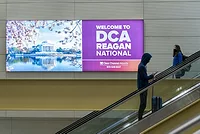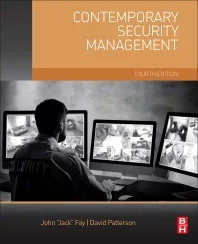New manual issued on COVID-19 testing and cross-border risk management

ICAO issued a bulletin announcing its new Testing and Cross-border Risk Management Measures Manual (Doc 10152), developed by the members of the dedicated CAPSCA group it established in 2009 for the prevention and management of public health events in civil aviation.
The new publication is available free of charge on the UN agency’s COVID-19 online portal, along with the comprehensive guidelines, tools and resources it has been putting at countries’ disposal since the onset of the pandemic.
“This new risk management manual is designed to help countries assess and include personal tests as part of their overall air transport public health responses to COVID-19,” commented ICAO Secretary General Dr. Fang Liu.
“It’s accelerated development through ICAO’s CAPSCA group has been a prime example of the effective collaboration it has established among ICAO, the United States Centres for Disease Control and Prevention, the European Centre for Prevention and Disease Control (ECDC), and others,” she noted, “and I must also appreciate here the important contributions to this publication made by the World Health Organization (WHO), and by aviation medical and health experts from both governments and industry.”
The CAPSCA team’s work on the testing evaluation document was initiated earlier this year, and guided by the Aviation Recovery Task Force (CART) established by ICAO’s diplomatic governing Council.
Composed of experts from 16 governments, the WHO, the UN World Tourism Organization (UNWTO), regional bodies, and industry groups, the CART task force had requested that ICAO provide countries with updated guidance supporting the effective evaluation of disease testing options for air travellers.
“The CART has recently published its updated Phase II response and recovery guidelines to States,” highlighted ICAO Council President Salvatore Sciacchitano.
“These include its new Recommendation 13, which stresses the importance of the risk assessment tools which this manual contains for evaluating new testing solutions, while underscoring as well that tests are still not universally recommended by public health authorities as a routine health screening method.”
ICAO’s global traffic monitoring has recorded that air travel passenger demand dropped by 90% at the onset of the pandemic in April of this year, and it presently estimates that overall 2020 passenger totals will be down by 60% compared to 2019.
Resources issued by the ICAO CART and Secretariat are currently assisting and aligning countries’ pandemic responses in air transport, including their innovating of public health corridors and similar travel bubble solutions between specific international destinations.
Looking for a reprint of this article?
From high-res PDFs to custom plaques, order your copy today!







